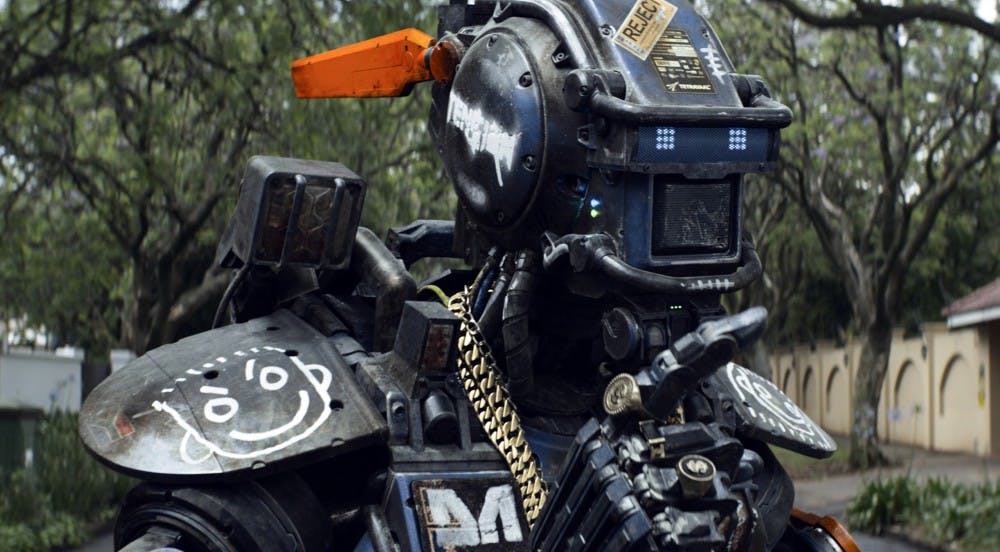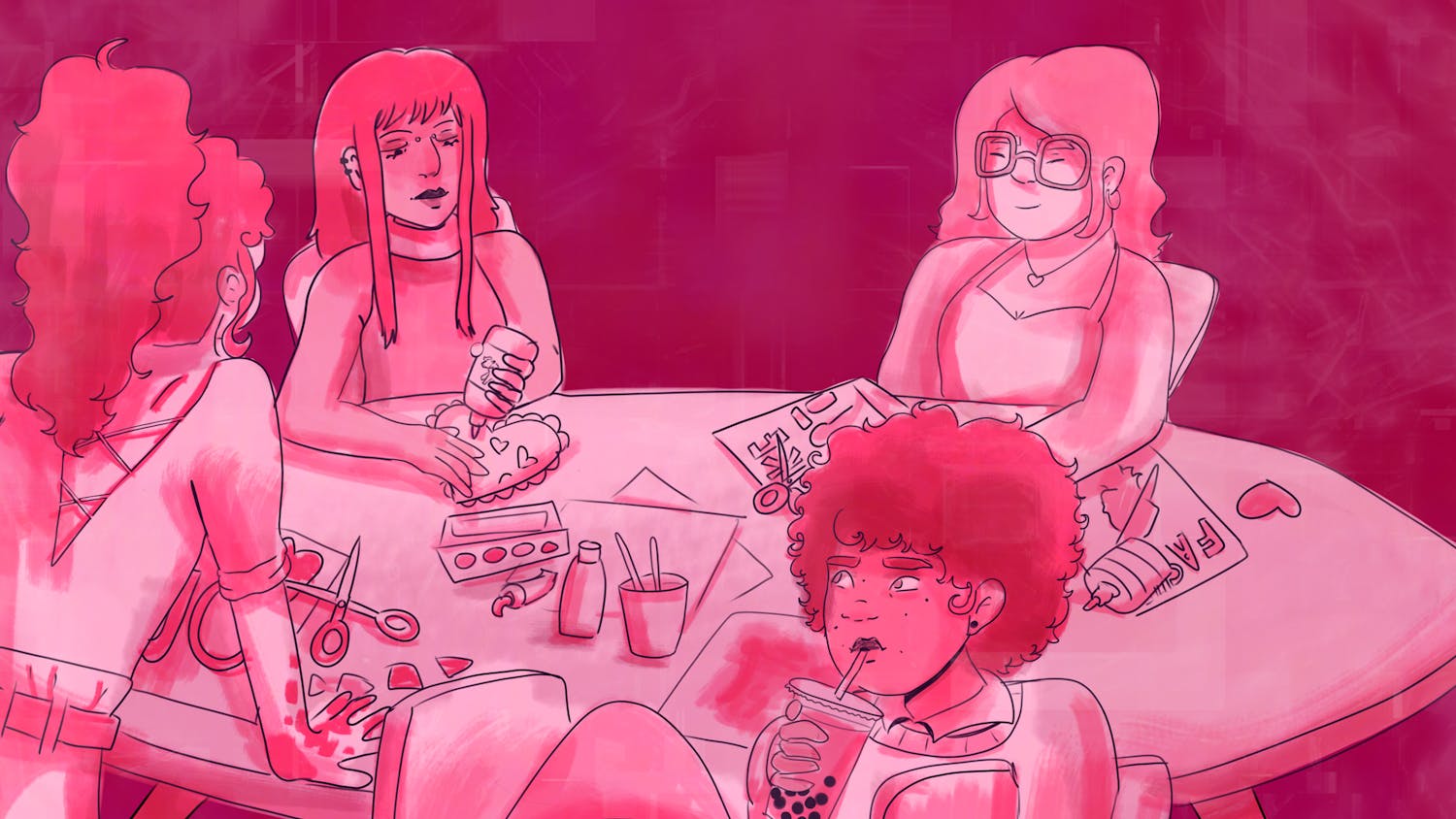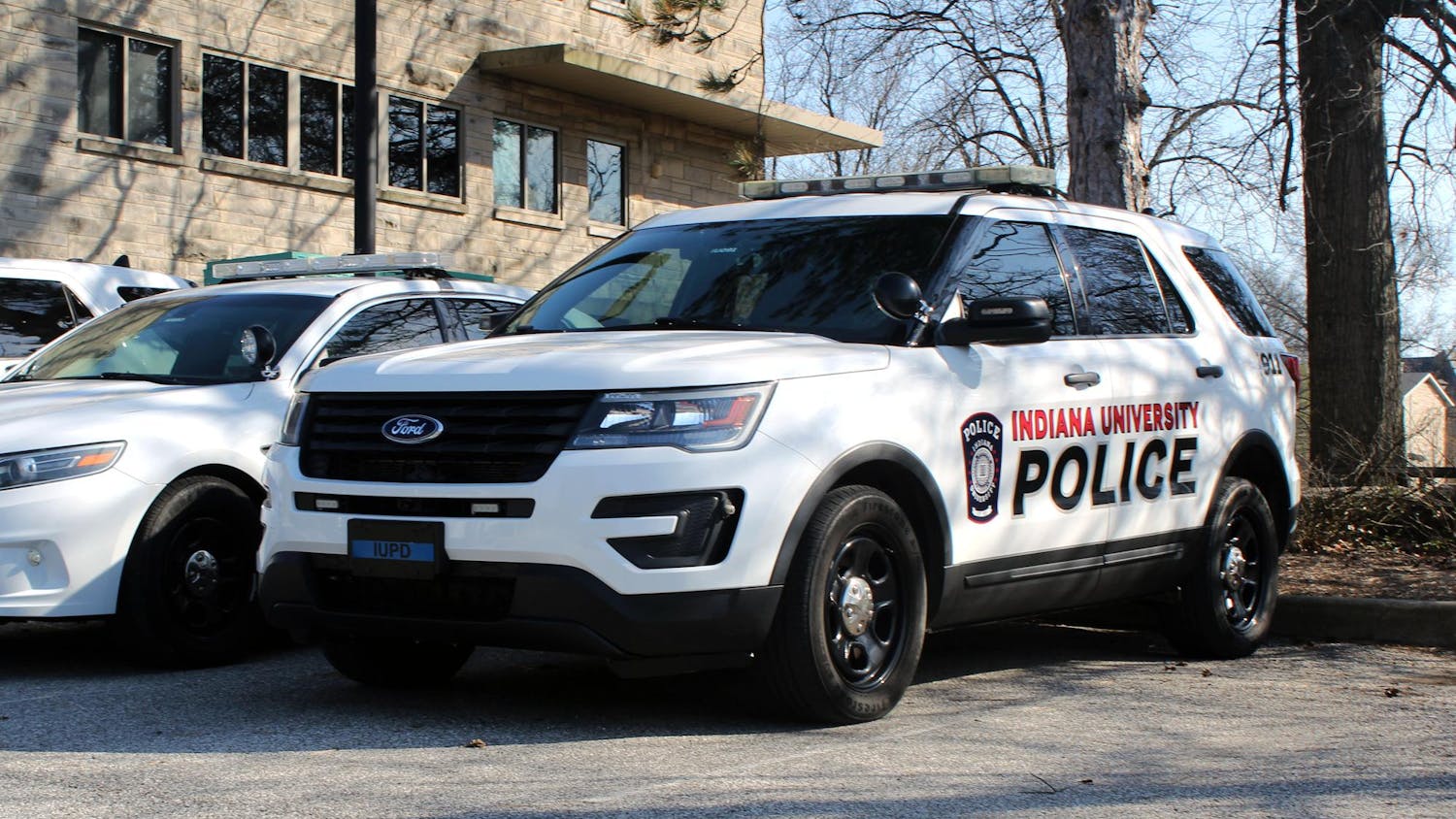‘Chappie’
A-
The concept of a robot that can feel emotion is nothing new.
Robin Williams played an android that develops emotions in “Bicentennial Man.” In “A.I. Artificial Intelligence,” a robotic boy is designed to love. A robot is framed for murder in “I, Robot.” And if anyone thinks “WALL-E” didn’t have feelings, we obviously weren’t watching the same movie.
“Chappie” explores the same concepts of machines and consciousness but executes that exploration in a way that removes all doubt about whether a robot could be exactly like a human.
Set in a futuristic Johannesburg, Chappie is a former police robot who is cast off at the beginning of the movie for being damaged beyond repair. When the engineer who designed the military droids, Deon Wilson, discovers how to program consciousness, he uses Chappie to test drive the software.
Unlike other attempts at depicting sentient technology, Chappie begins his “life” like a toddler with accelerated learning capabilities.
Though he’s stolen by a few crooks who plan to use him in a heist to pay back a crime lord, Chappie grows up like any other human infant. He learns his first words, swears like a sailor, reads story books, shoots guns, plays with toys, steals cars and watches cartoons.
Meanwhile, a disgruntled weapons designer, Vincent Moore, played by Hugh Jackman, plots to take down Deon and the robot police force.
Everything about Jackman’s character screams psychopath, from his budding mullet to the giant human-controlled robot he created to replace Deon’s droids.
Though Jackman’s crazed military character is cliché, the movie once again puts a twist on a norm.
Vincent is spiritual and doesn’t believe robots can be conscious. His religiosity is part of an underlying motif about creationism and the existence of a soul that permeates the film.
Deon tells Chappie he is his “Maker.” Although he acts like a father toward Chappie, he is distinct from the criminals, Yolandi and Ninja, whom Chappie calls “Mommy” and “Daddy.”
Mommy is willing to let the Maker see Chappie occasionally, but Daddy threatens to shoot Deon every time he comes around.
It’s a custody battle worthy of “The Jerry Springer Show.”
Though Chappie doesn’t revere Deon like one might a deity, Deon mostly serves as his moral compass, trying to correct Yolandi and Ninja’s bad parenting.
To her credit, Yolandi attempts to protect Chappie from Ninja’s negative influence. She explains to Chappie what a soul is and makes him understand that he has one. Not bad for a mother who wears a hot pink tank top that reads “Who needs TITS?”
On the surface, “Chappie” is an action thriller with a male-dominated, guns-a-blazin’ cast, including the only Sigourney Weaver character who I’ve seen run away.
But at the heart of it is a thought-provoking story about what it is to be human.
It’s not just about a robot that can feel emotion, but a robot who can feel emotion.




